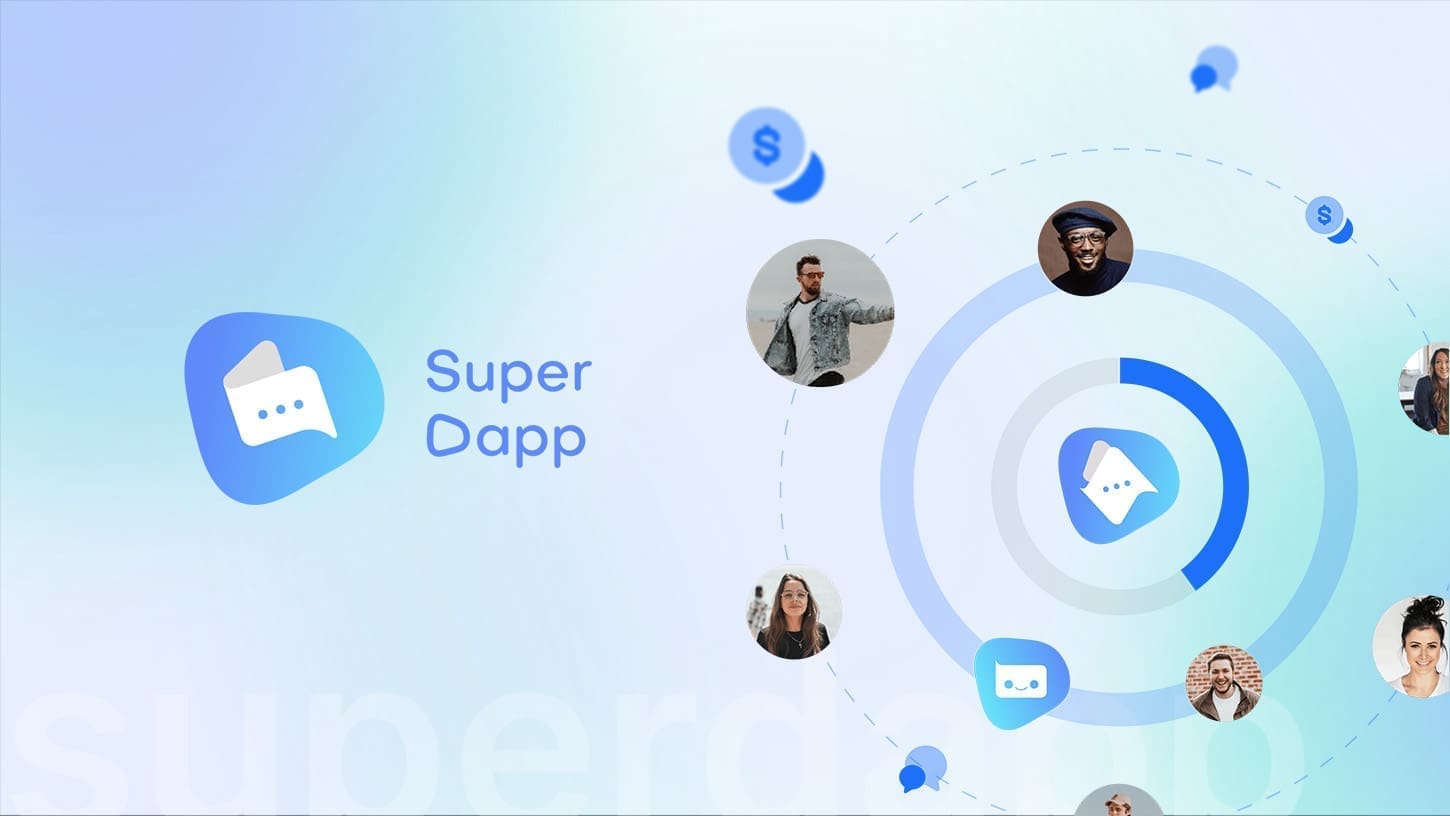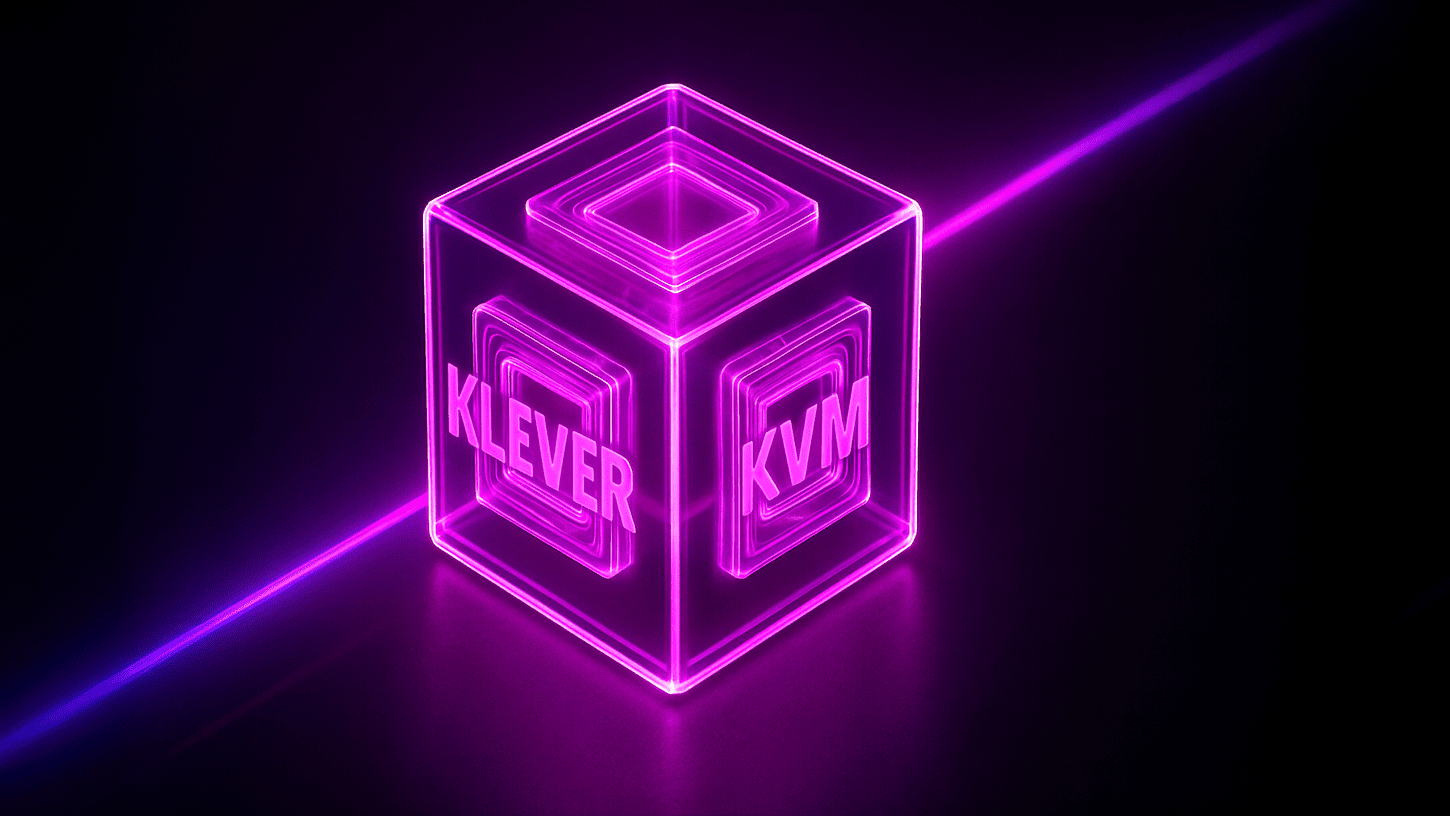Telegram Sides with TON: Is This the End for Other Web3 Messengers?

The Exclusive Partnership That Could Change Web3 Forever
In a bold and potentially disruptive move, Telegram has officially partnered exclusively with The Open Network (TON), reinforcing its commitment to blockchain-powered messaging and decentralized applications. This strategic decision positions TON as the go-to blockchain for Telegram’s vast ecosystem of over 800 million users, leaving little room for competing Web3 messaging platforms.
But what does this mean for other blockchain-based communication tools? Is this the beginning of Web3’s consolidation, or will decentralized alternatives rise to challenge TON’s dominance?
Telegram’s Blockchain Pivot: Why TON?
Telegram’s relationship with TON isn’t new; it’s a revival of its original blockchain ambitions. The messaging giant initially launched the Telegram Open Network in 2018 but had to step away following regulatory scrutiny from the SEC. However, the TON community kept the project alive, and its ecosystem has grown significantly.
Now, by officially endorsing TON as its exclusive blockchain partner, Telegram is effectively doubling down on its Web3 vision, integrating TON’s services directly into its app.
Key features include:
🔹 TON Wallet integration – Seamless crypto payments within Telegram.
🔹 Decentralized applications (dApps) – Expanding Telegram beyond messaging.
🔹 On-chain identity & verification – Enabling a more secure digital economy.
🔹 A built-in token economy – Fueling commerce, tipping, and payments inside chats.
With these features, Telegram is on track to become the most powerful Web3-enabled messaging platform, giving TON a massive user base that no competitor currently enjoys.
What Happens to Other Web3 Messengers?
This partnership places significant pressure on other decentralized messaging platforms like Status, Session, and Matrix, which have long positioned themselves as alternatives to Web2 giants like WhatsApp and Telegram. These projects champion privacy, censorship resistance, and decentralized governance, but without Telegram’s scale, they may struggle to remain competitive.
Here’s how Telegram’s TON pivot could shake up the competition:
- Mass Adoption Advantage – While Web3 messengers have niche communities, Telegram already has a vast global audience that can onboard TON-powered tools instantly.
- Seamless User Experience – Unlike many Web3 messengers that require wallets and complex setups, Telegram is integrating TON features natively, making blockchain adoption frictionless.
- Network Effects – With TON’s blockchain embedded in Telegram, users will likely stick to one ecosystem, making it difficult for other Web3 messengers to grow their user bases.
That said, not everyone is convinced. Some argue that TON’s integration into Telegram compromises decentralization, as Telegram itself remains a centralized company. Privacy-first alternatives like Session (built on Oxen/Session soon) or Status (Ethereum-based) could still attract users who prioritize a trustless, censorship-resistant environment.
Is This the Future of Blockchain Messaging?
With Telegram now exclusively backing TON, we could be witnessing the first major consolidation of Web3 messaging. Rather than a fragmented landscape of decentralized communication apps, Telegram’s sheer dominance could create a single, dominant Web3 messenger; TON-powered and ready for mainstream adoption.
However, challenges remain:
- Regulatory Uncertainty – Governments could scrutinize Telegram’s crypto integrations, similar to its past issues with the SEC.
- Decentralization Concerns – Despite using blockchain, Telegram’s control over its ecosystem might discourage Web3 purists.
- Competition from Big Tech – If Telegram succeeds, giants like Meta (WhatsApp) or X (formerly Twitter) might accelerate their own Web3 efforts.
For now, TON and Telegram have the upper hand, and their exclusive partnership marks a pivotal moment in the evolution of Web3-powered communication. Whether this spells the end for other Web3 messengers or simply forces them to innovate, remains to be seen.






